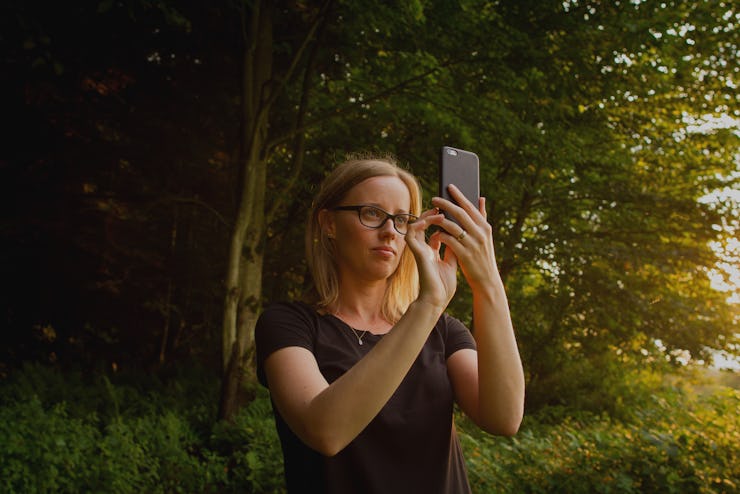If you’re a nature enthusiast with a selfie stick, you could unwittingly be helping researchers better appreciate the value of our public parks.
A study published today in the journal PLOS One details the process a team of researchers from the University of Vermont used to calculate that Vermont’s public lands contributed $1.8 billion to the state’s tourism industry over seven years. Parsing over 7,000 geotagged photos on Flickr, the researchers determined how public land is used, how often those destinations brought visitors to new areas, and how those visitors interacted with outdoor recreation spaces.
The study proves that social media may provide a new and inexpensive method for decision-makers and researchers to gather information about how visitors use public lands and recreation destinations. Their analysis of this data could lead to smarter investments in conservation and maintenance. The study also provides a new way to calculate the financial value of certain areas, allowing us to, essentially, quantify nature in selfies.
Nature selfies might be more useful than we think.
“Historically, it’s been difficult for states and municipalities to assess the value protected lands for outdoor recreation,” UVM researcher Laura Sonter, Ph.D., said in a release. “Many areas only staff entrance booths in the summer. Others gather no data, or rely on surveys, which are time-consuming and expensive to collect.”
Nature selfies aren’t just a way to quantify the wild. They’ve also driven some instances of activism: Just think of the #ripthatPNWrock hashtag, which emerged in the wake of the destruction of the Duckbill rock formation at Oregon’s Cape Kiwanda Nature Area.
When it comes to nature, national parks, and protected lands, a selfie is never just a selfie. It may be an avenue toward a new kind of understanding about the way that we interact with public lands and informed decision-making that goes into dedicating resources to these areas. So, whether you’re posting to Instagram, Twitter, or Facebook, make sure you geotag your sweet nature pics next time you venture out into the wild.
